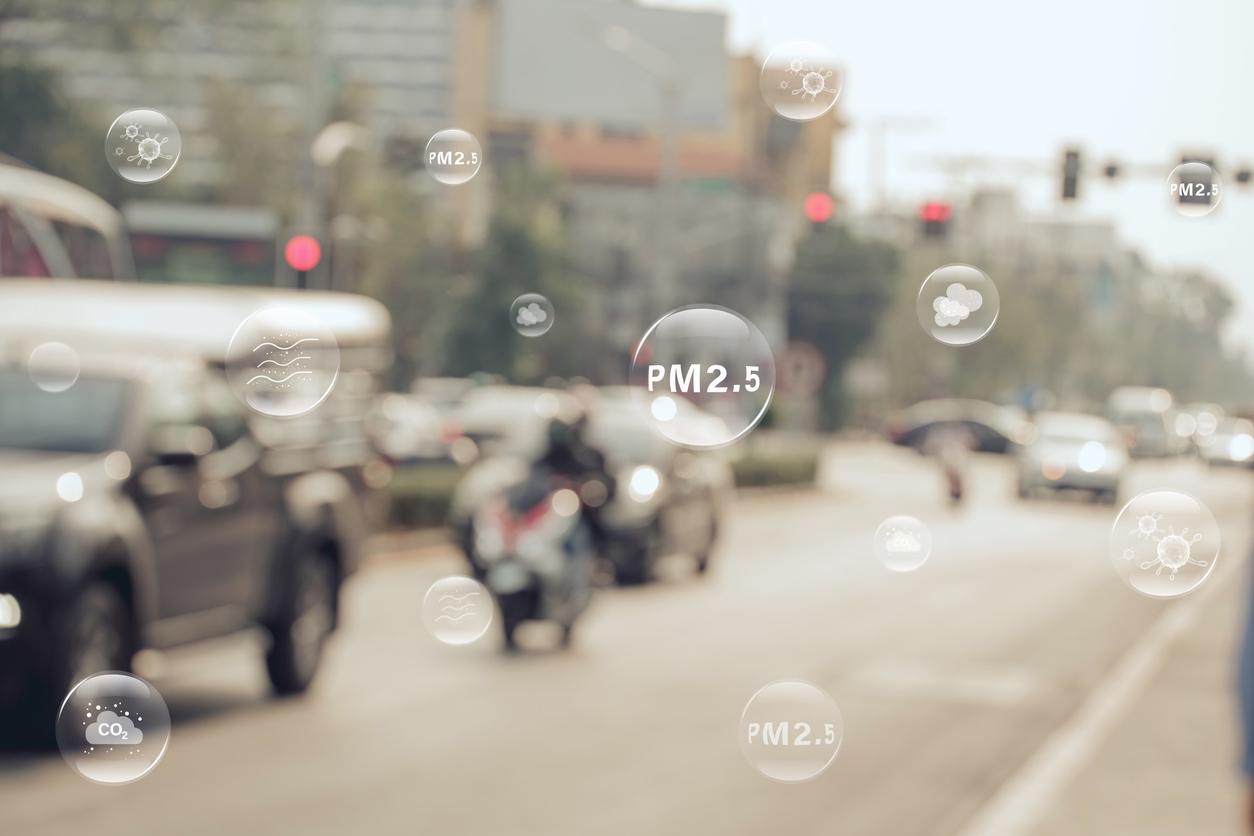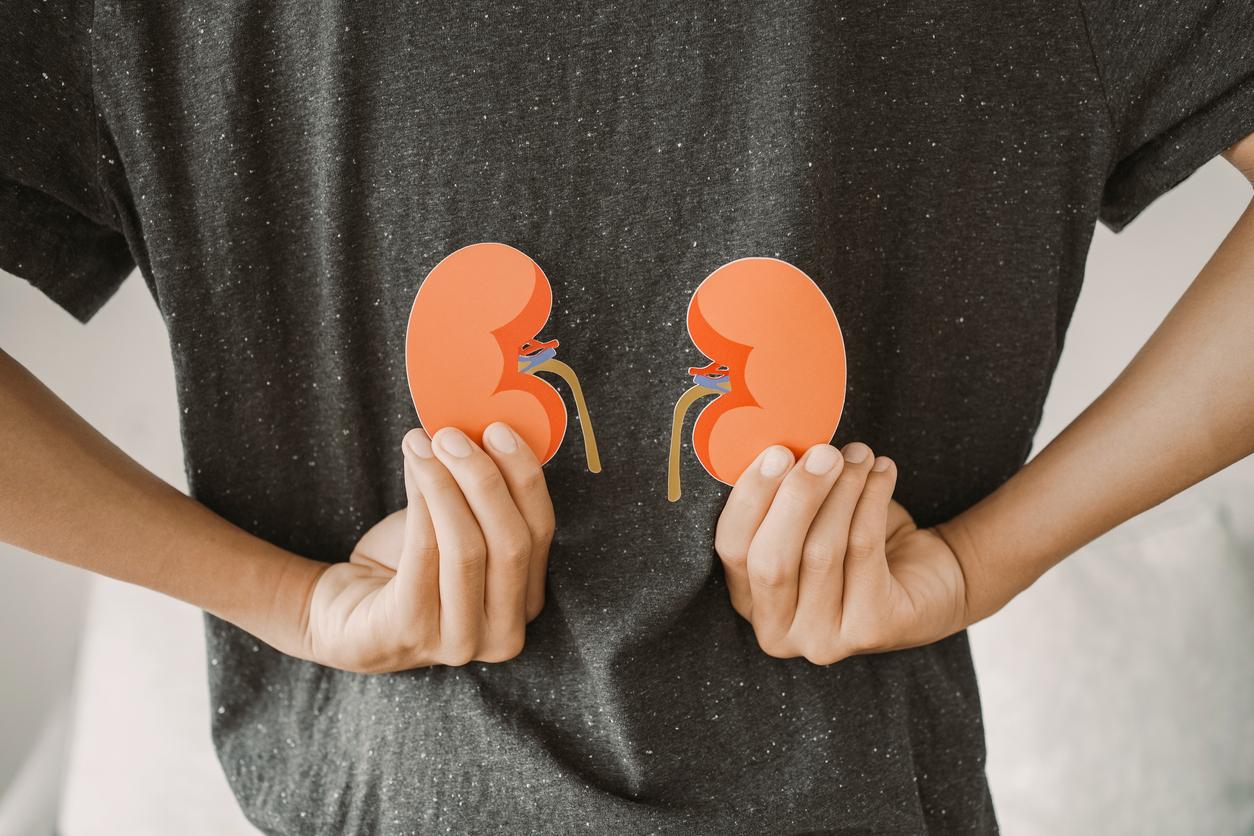American researchers have discovered that one of the specific proteins of the virus responsible for Covid-19 has a toxic effect on the cardiovascular system.

- According to the US Public Health Agency, the risk of myocardial inflammation after Covid-19 infection is around 146 cases per 100,000 people.
- The risk of myocarditis following the anti-Covid vaccination is much lower than for myocarditis linked to Covid-19, according to an Israeli study.
Covid-19 does not only affect the lungs… but also the heart. Indeed, while Covid-19 is known as severe acute respiratory syndrome, it presents with a wide variety of symptoms that often include heart disease.
Covid-19 can cause heart problems
Thus, people infected with Covid-19 have a significantly higher risk of developing heart disorders such as inflammation of the myocardium (myocarditis), blood clots, strokes, heart attacks and heart failure for at least one month. year after infection, compared to people who were not infected with the virus.
And while vaccines and drugs can lessen the severity of the disease itself, they do not protect the heart from the damage that even mild Covid-19 infection can cause, say the authors of a new study published in review Communications Biology.
So researchers have been looking at the basic reasons why this happens, with the aim of finding treatments that would reverse heart damage in patients. Through their work on the heart of the fly, they discovered that a viral protein, known as Nsp6, was the most toxic protein in Sars-CoV-2, the virus responsible for Covid-19.
A drug can block the toxic effect of the Nsp6 protein
This protein impacts the cellular machinery of the heart of the person infected with Covid-19 by modifying its metabolism and by “flying” the cell’s energy source, the researchers explain. They figured out how to counteract its effects: using a drug – 2-deoxy-D-glucose (2DG), this time on mouse heart cells, they found that the damage caused to the heart by the viral protein Nsp6 was reduced .
“So we predict that this drug that returns the metabolism of the heart to what it was before infection would be bad for the virus, both by cutting off its energy supply and by eliminating the parts it needs to replicate.said lead author Zhe Han, professor of medicine and director of the Center for Precision Disease Modeling at the University of Maryland School of Medicine (UMSOM).
Fortunately, 2DG is inexpensive and is regularly used in laboratory research, the scientists said.


















